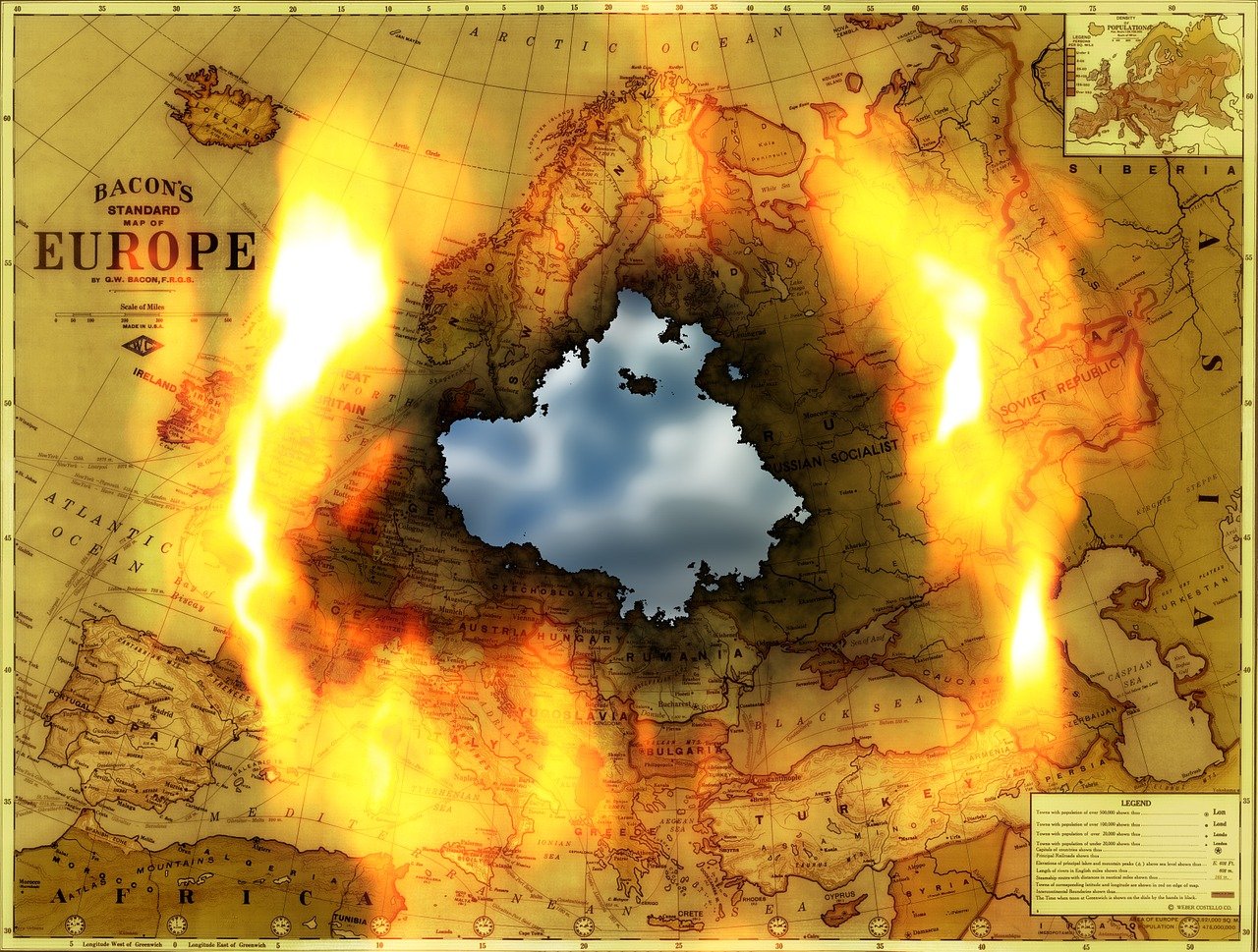
The European Union is facing fundamental challenges to its very existence, and citizens play a crucial role in this process – especially the younger generation. In this new era for the continent, 72% of young Spaniards believe that Europe is closer to armed conflict today than it was five years ago. This perception reflects a growing sense of vulnerability and distrust in Europe’s ability to assert itself in an unstable and potentially dangerous environment.
In this context, 82.4% of respondents believe that the EU should prioritize its autonomous response capacity in terms of security and defense, while 59.6% support the creation of a European army. Furthermore, 60% consider it necessary to increase defense spending to maintain stability within the Union. These findings come from the study “Europe’s Dilemma,” prepared and presented by Talent for the Future.
These demands underscore the persistent Europeanism among young people. The data also coincides with the call for a demonstration in Madrid planned for this Sunday, aimed at defending the EU as a key player in global competition against the United States, China, and Russia. A clear majority of Spanish youth support Spain’s membership in the European Union: 69.5 percent consider it important, particularly among those with left-leaning leanings and higher levels of education. However, this commitment is not accompanied by complacency. The functioning of the EU is rated on average at only 2.6 out of five, with older young people with extreme ideological positions showing higher levels of dissatisfaction.
In contrast, the assessment of European foreign policy receives the lowest rating in the report, with an average of 2.2 out of 5. 63.1% of respondents rate it negatively, rising to 67.4% among 25- to 34-year-olds. Criticism is primarily directed at the inconsistency between the values proclaimed by the EU and its alliances or agreements with authoritarian regimes. Even young people who view EU membership positively express criticism: 52 percent of this group disapprove of the EU’s foreign policy.
Regarding economic diplomacy, 68 percent believe it is important for the EU to use it to defend its interests. 81 percent favor a more proactive economic foreign policy toward powers such as China and the United States, and seven out of ten young people support the use of economic power (such as sanctions or strategic investments) to promote democracy and human rights. Nevertheless, 56.6 percent believe that trade agreements do not benefit all member states equally.
Values remain central to young people: 57.3 percent oppose signing agreements with countries that violate human rights, and 67.4 percent believe that human welfare should take precedence over economic interests in foreign policy. This belief is particularly strong among women (73.6%) and left-leaning young people (over 70%). Only 37.3 percent of young men support maintaining agreements with countries that violate human rights, while 75.2 percent of women oppose it.
Finally, six out of ten young people believe that the EU’s principles should be decisive in its external relations, even if this means not cooperating with governments that do not respect these principles. Optimistic views emerge regarding the EU’s global role: 51% believe the Union can improve the lives of people in third countries, with this belief being strongest among women and non-binary people. In summary, young people support the EU but demand more coherence, autonomy, and ethical leadership.
This overall picture suggests that Spanish youth are taking a grassroots European approach—visible in their broad support for EU membership—while also maintaining a critical stance toward the Union’s concrete performance. For policymakers, this “dilemma” means that while there is legitimacy and support for the European project, there is a clear need for reforms and improvements in the functioning of the EU and its global projection.
Moreover, European and national institutions have the opportunity to benefit from the majority support of young people for the European ideal, provided they address their criticisms. The demands range from greater institutional effectiveness to more coherence between values and policies to a stronger international role that remains faithful to democratic principles. “Ignoring these perceptions could open the door to growing discontent or the exploitation of that discontent by Eurosceptic forces, while directly addressing them can strengthen the new generations’ attachment to Europe,” warn the report’s authors.
“The new generations don’t just support greater European integration; they demand a Europe capable of protecting itself, acting decisively, and leading in an increasingly hostile world,” explained Elsa Arnaiz, President of Talent for the Future. “In an uncertain international context, young people are calling for less talk and more action: a Union that moves from words to deeds,” she added. On the occasion of the 75th anniversary of the signing of the Schuman Declaration, the organization called this document a “wake-up call.” “Young people want more Europe, but not just any Europe. They demand a courageous Europe, capable of defending itself without being dependent on others, while remaining true to its fundamental principles in its foreign policy actions,” Arnaiz concluded.



